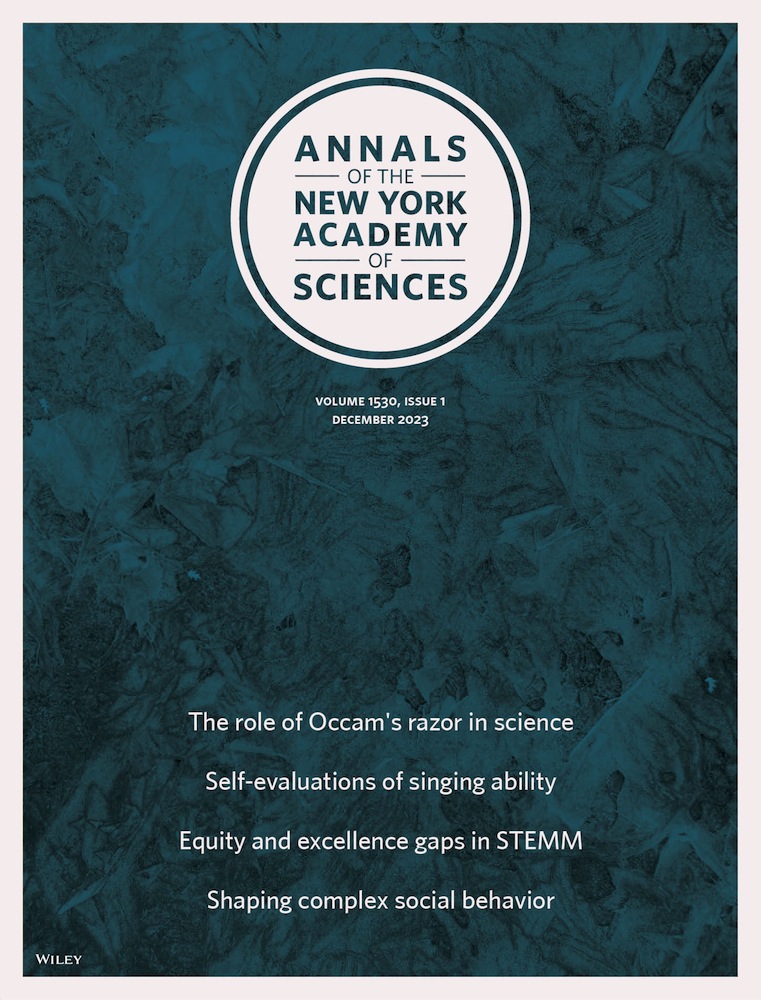政治中的言论压制与威胁叙事:社会目标与认知基础
IF 4.8
3区 综合性期刊
Q1 MULTIDISCIPLINARY SCIENCES
引用次数: 0
摘要
政治运动往往通过动员有关社会威胁的叙述而联系在一起。在热心的激进分子中,这会引发道德动机,以保护叙事免受批评和细微差别的影响。言论压制现象包括在社交媒体上公开羞辱,“取消平台”和“取消”有争议的演讲者,以及恐吓持不同政见者。当活动家试图保护的叙述过于简单化和不准确时,言论压制现象最令人费解,这在政治中经常出现。在这里,我认为,言论压抑源于至少三个主要的社会认知动机。首先,敏感倾向于发现威胁,尤其是来自敌对外部群体的威胁。第二,通过控制信息流和信仰,试图让人们致力于道德事业,动员起来反对危险团体的动机。第三,表明个人献身于事业和团体以获得地位的动机。大多数政治团体的成员都压制言论,即使是那些表面上致力于自由的人。政治活动家和领导人只需要相信言论限制会带来预期的效果就可以参与其中。虽然言论压制可能源于真诚的信念,但不真诚的自我审查和制裁却很普遍。本文章由计算机程序翻译,如有差异,请以英文原文为准。
Speech Repression and Threat Narratives in Politics: Social Goals and Cognitive Foundations
Political movements are often bound together by mobilizing narratives about social threat. In devoted activists, this triggers moral motivations to protect the narrative from criticism and nuance. Speech repression phenomena include public shaming on social media, the “deplatforming ” and “canceling ” of controversial speakers, and the intimidation of dissidents. Speech repression phenomena are most puzzling when the narratives activists try to protect are simplistic and inaccurate, which is often the case in politics. Here, I argue that speech repression derives from at least three main sociocognitive motivations. First, hypersensitive dispositions to detect threat, from hostile outgroups in particular. Second, motivations to try to keep people committed to moral causes and mobilized against dangerous groups by controlling information flows and beliefs. Third, motivations to signal personal devotion to causes and ingroups to gain status. Members of most political groups engage in speech repression, even those ostensibly committed to freedom. Political activists and leaders only need to believe that speech restriction will bring about desired effects to engage in it. While speech repression can derive from sincere convictions, insincere self‐censorship and sanctioning are widespread.
求助全文
通过发布文献求助,成功后即可免费获取论文全文。
去求助
来源期刊

Annals of the New York Academy of Sciences
综合性期刊-综合性期刊
CiteScore
11.00
自引率
1.90%
发文量
193
审稿时长
2-4 weeks
期刊介绍:
Published on behalf of the New York Academy of Sciences, Annals of the New York Academy of Sciences provides multidisciplinary perspectives on research of current scientific interest with far-reaching implications for the wider scientific community and society at large. Each special issue assembles the best thinking of key contributors to a field of investigation at a time when emerging developments offer the promise of new insight. Individually themed, Annals special issues stimulate new ways to think about science by providing a neutral forum for discourse—within and across many institutions and fields.
 求助内容:
求助内容: 应助结果提醒方式:
应助结果提醒方式:


